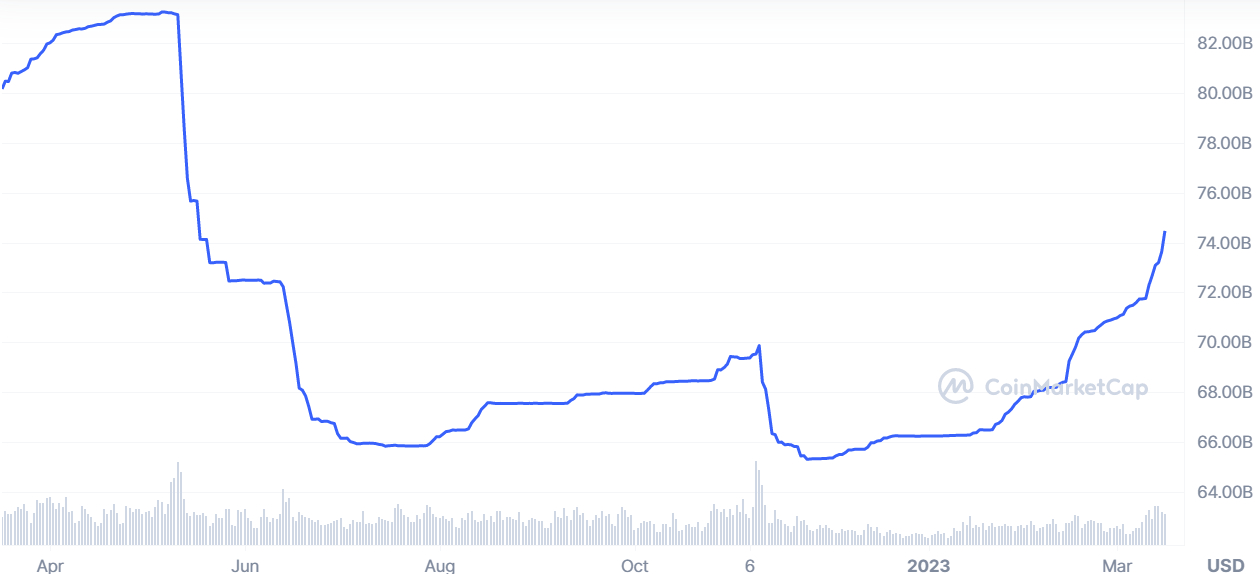Russians ‘Use Crypto Exchanges to Send USDT to UK’

Russians are using “several” Moscow crypto exchanges to send Tether (USDT) to people based in the UK, a new report has claimed.
Per the NGO Transparency International’s Russia branch and the media outlet The Bell, “several crypto exchanges” are now “operating” in Moscow, where they “offering services” that let Russians “withdraw cash funds” in the UK.
The NGO stated that it has “become possible to transfer money out of Russia with the help of crypto exchanges located in the Moscow International Business Center [aka Moscow-City].”
Sanctions and counter-sanctions have placed strict controls on the movement of funds between Russia and foreign nations.
But Transparency International Russia said that it had found “eight Russian-based crypto exchanges who said they were willing to transfer USDT.” The platforms said they would “change tokens into cash for delivery in London.”

The NGO wrote:
“Despite our [requests] to make transfers that would result in the delivery of over [$12,000] in cash (yes, bags full of cash), there was a distinct lack of curiosity from these exchanges about the identity of their customers.”
How Are Russian Crypto Exchanges Sending Cash to the UK?
Transparency International Russia added that its undercover agents “were not asked to provide a passport or any other type of identification documents in order for the exchange to happen.”
It said that the exchanges only asked for “details of what the collector would be wearing and possibly the serial number of a banknote to prove their identity.”
The NGO noted that London-based cash “couriers” were “Russian-speaking.” And it said handover details were arranged using the chat app Telegram.
One of the exchanges was named as Suex, a platform that was hit with US sanctions in 2021. Washington believes that Suex has enabled money laundering on its platform.
Failing to request client identity details “is a direct violation of British anti-money laundering laws,” the NGO noted.
The NGO added that its researchers were able to trace the histories of a number of crypto wallets linked to the exchanges. And it said that it found that some wallets had processed up to $470,000 worth of USDT.
The exchanges also appear to have processed smaller amounts of less-popular cryptoassets, Transparency International Russia wrote.
Earlier this month, the Russian government’s anti-money laundering (AML) agency said that it was monitoring some 25,000 users it suspects of carrying out AML violations.















